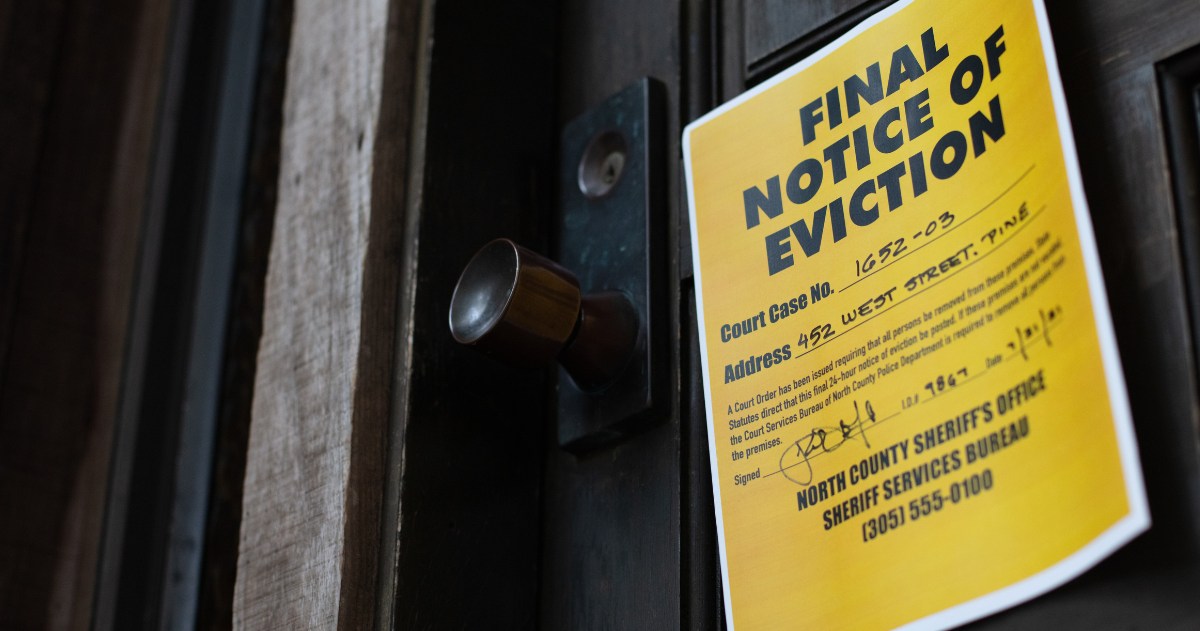 Traditional vs. Collateral — Weighing the Pros and Cons of both Mortgage Products
Traditional vs. Collateral — Weighing the Pros and Cons of both Mortgage Products
With interest rates in Canada sitting at an all-time low, banks and independent lenders are in stiff competition for the business of homebuyers. Homeowners and lenders whose mortgages are up for renewal are also reminded to consider their next move. Whether you’re looking to purchase a new home or renew a loan, you should be aware your options when buying mortgage products, and the benefits or drawbacks of each.
When buying a home, banks and lenders typically offer traditional mortgages. Registered with your registry office and your land Title, a traditional mortgage includes the “Terms of Mortgage,” which highlights your principal amount owing, interest rate, lending term and payment amount. If you require additional funds in the future, say, for a large renovation or to invest in another property, you may need to refinance the mortgage or take out a new loan altogether. This comes with additional costs such as legal fees, and most likely a hefty penalty for refinancing before your term is up.
Lenders may offer a collateral mortgage as an alternative option. Like traditional mortgages, collateral mortgages have terms and fixed rates, however, are similar to lines of credit in a sense that they allow the borrower to provide additional principal or re-issue principal that has already been paid back. Additionally, the bank or lender has a promissory note and secondary security in the form of a first or second lien against the property for the total amount registered. This type of loan was introduced fairly recently, primarily by the Big Banks to retain client loyalty and give them the freedom to secure additional mortgages or lines of credit without additional legal expenses. Unlike a traditional mortgage, a lender may register your home at 125 per cent above its current market value, giving you access to additional funds should you decide to take out an additional loan in the future. For example, if you purchased your home for $350,000 two years ago and your lender registered it at $420,000, you could potentially borrow up to $336,000 now that its current value is equal to what it was registered for initially. Collateral mortgages are suited for homebuyers who intend on borrowing the equity from their home in the future or those nearing their retirement and might have difficulty securing credit due to fixed incomes.
The downside of registering your home for more than its actual worth makes it appear as though you have more debt—something that is frowned upon by creditors. Also, if you were a first time buyer who only put down 5 per cent as an initial down payment, you would have to pay down your loan to 80 per cent in order to access the additional funds. Switching lenders at any time during a collateral mortgage’s term comes with complications that are not associated with a traditional mortgage. As mentioned earlier, traditional mortgages are registered with your registry office, however, collateral mortgages are registered under the Personal Property Security Act (PPSA) of Canada. Terms may differ between lenders and as such you may find yourself consulting a real estate lawyer, resulting in hefty legal fees.
Taking on a mortgage is a major step for anyone and will most likely be the largest debt you will ever have in your lifetime. It is imperative to weigh the pros and cons of each financial product before you finalize your decision. Remember, traditional mortgages offer more freedom and flexibility, however, collateral mortgages work for those who know they’d like to stick to the same lender. As always, do your research — be aware of the details and fine print before taking on a loan to ensure that you’ve made the right decision, and not one you’ll regret in the future.




